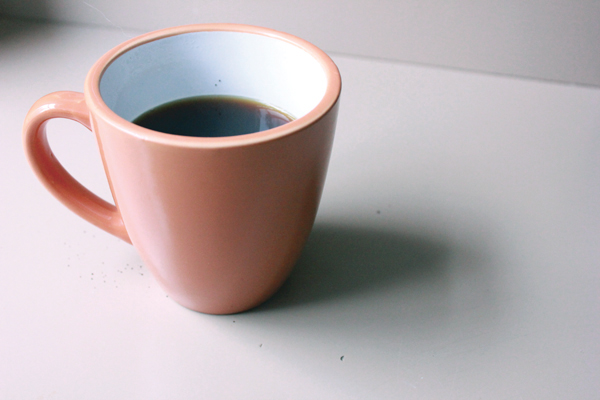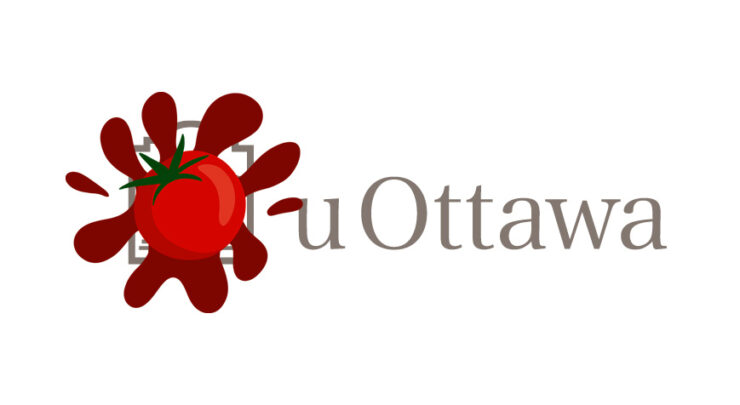New study confirms coffee is neither good nor bad for your health
Photo by Tina Wallace
Coffee drinkers can finally put their minds at ease regarding the potential side effects of coffee consumption.
Earlier this month, University of Ottawa professor Frank Roast brought forward new scientific evidence that brings a long-standing debate to a decisive end: coffee is neither beneficial nor harmful to one’s health.
Using a simple math equation, Roast has found that coffee is what is scientifically referred to as a “neutral substance,” meaning a substance with effects so unpredictable and variable that it is considered to have no particular impact at all.
“Coffee is not the Switzerland, but rather the North Korea of hot beverages,” Roast said. “How it will react with the body can only be explained on a case-by-case basis, if at all. Its effects are unpredictable to the extent that we can confidently say it has neither a positive nor an adverse impact on human health.”
To illustrate his point, Roast referred to the common experience students might have while chugging Starbucks the night before an exam.
“The drink will heighten the mental alertness of some students and enable them to study long into the night,” he said. “However, others will experience increased anxiety levels and break down and cry.”
Roast became interested in the coffee debate when he noticed the growing number of scientific studies contradicting one another in the mainstream media.
The articles “Coffee among top aneurysm triggers” in the Globe and Mail, “Drinking coffee may help Parkinson’s patients: study” in the Gazette, and “Heavy coffee drinkers at increased risk of blindness” in the Toronto Sun have all appeared within the last year.
Roast gathered as many of these articles as he could, some dating as far back as the 16th century, and being the scientist that he is, counted them.
“For every positive study I attributed a score of +1, for every negative study a score of –1. When all was said and done, I found that coffee’s overall score was zero. This could only mean it is a neutral substance.”
Although the study has been called a “classic case of pseudoscience” by some of the country’s most respected scientists, Dr. Oz was blown away by the results and has since invited Roast onto his show. Oz is also petitioning to have Roast nominated for a Nobel Prize in medicine.
In a world in which it has become progressively more difficult to separate fact from fiction, the groundbreaking study will undoubtedly lead many scientists, including Roast himself, to investigate other heavily debated foods such as chocolate, margarine, and red wine using the same sound method.
“The sensationalism found in today’s media renders it tough to discern which foods are contributing positively to our collective health and which will likely put us in the ground,” said Roast. “That being said, I’m honoured to be one of the few who are admittedly contributing in a neutral way.”






